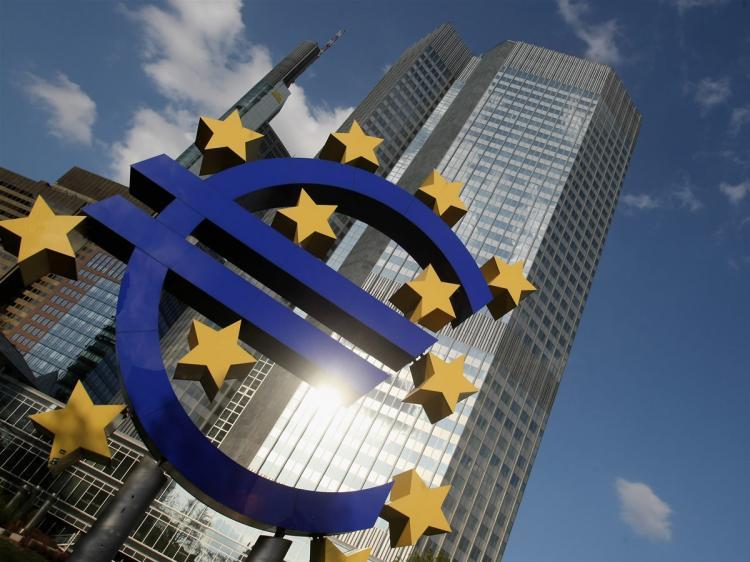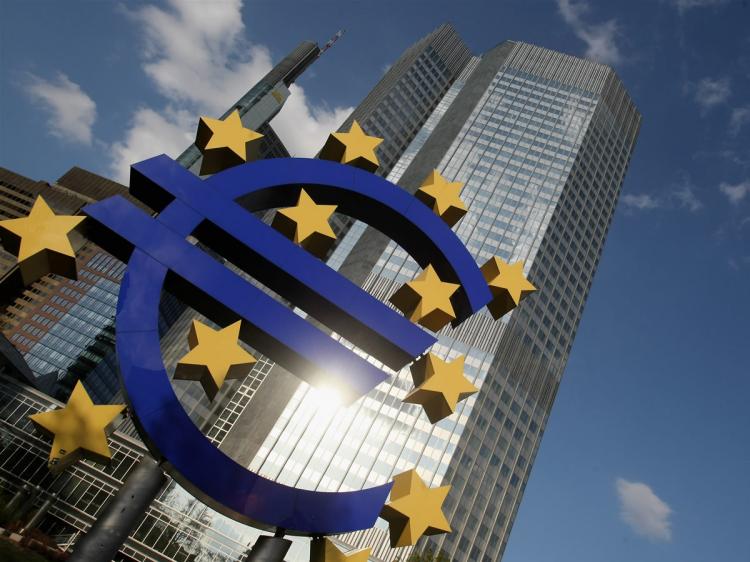Sweden’s FOREX Breaks the Mold
Sweden’s FOREX Bank is making preparations for the nation’s possible transition to the euro.

A huge euro logo stands in front of the headquarters of the European Central Bank (ECB) on April 9, 2009 in Frankfurt am Main, Germany. Ralph Orlowski/Getty Images
|Updated:



